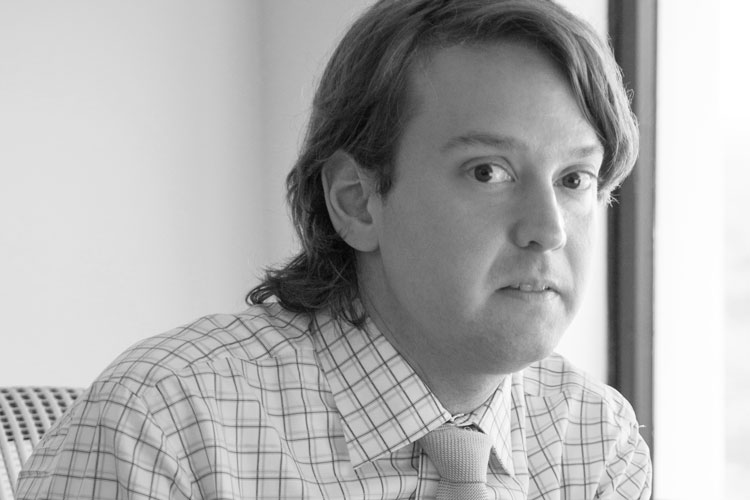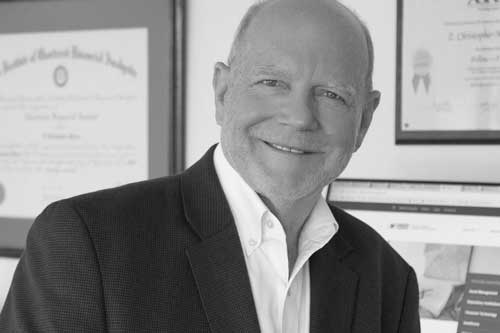“Wait and Formulate” as an Expert Witness
I have been an expert witness in the business valuation and corporate damages areas for many years. When I wrote my first book, Valuing Financial Institutions, in 1992, I explained the steps I took before each testimony experience to assure, to the extent possible, that the outcome of each testimony was successful.
Lawyers are always trying to impeach expert witnesses. That’s a fairly benign way of saying that they seek to catch experts, through a process called cross-examination, in inconsistencies, errors, changes to prior testimony, or even untruths. What is bad is that even when an expert is telling the truth, attempting to be consistent and avoiding mistakes, a good attorney can, through skillful questioning, provide the appearance to the judge or jury that the expert has done one or more of those “bad” things. This appearance can be almost as damaging as the reality. So it is to be avoided.
To help me withstand these potentially damaging lawyerly techniques, I devised a little pre-testimony routine to help me stay focused on my objective, which is not to lose the “game” to the lawyer(s). To do that, I placed a blank sheet of notebook paper in front of me so that I could see it at any time during my cross-examination. The original version in Chapter 20 of Valuing Financial Institutions (“Expert Witnesses and Expert Testimony”) read as follows:
- Look
- Listen and hear
- Wait and formulate
- Answer the question
- Stop and wait for the next question
- Do not anticipate!
- Be calm!
Over the years, I truncated the list to the following, and I did then and still do, write the list at the top of the page in clear block letters:
- LISTEN
- DO NOT ANTICIPATE
- WAIT AND FORMULATE
- ANSWER
Listen
The advice to listen pertained to each and every question posed by a cross-examining attorney. Attorneys become highly skilled in their questioning of experts. They hope to engage in a routine of questions that can create a false sense of comfort for the expert. They then may change the pace of questioning, hoping for quick, knee-jerk responses from the expert that will be inconsistent with prior testimony, for example.
They may then switch from a series of easy questions to an extremely difficult line of questioning without even pausing to catch a breath. In this environment, the expert has to be on his or her toes.
Do Not Anticipate
Experts often have a tendency to anticipate the next question or line of questions coming from an attorney. This can be disquieting. The attorney is hoping that the expert will, through this process of anticipation, answer the question the way that the attorney desires, and not as the expert might later have wished.
Wait and Formulate
“Wait and formulate” reminds me to think about what I am going to say before I say it.
Answer
After hearing the question, I think about it for a moment and focus solely on the question asked. Then it is time to answer it.
Conclusion
This process has become almost second nature for me as an expert witness, whether the testimony is in a deposition or at trial.

